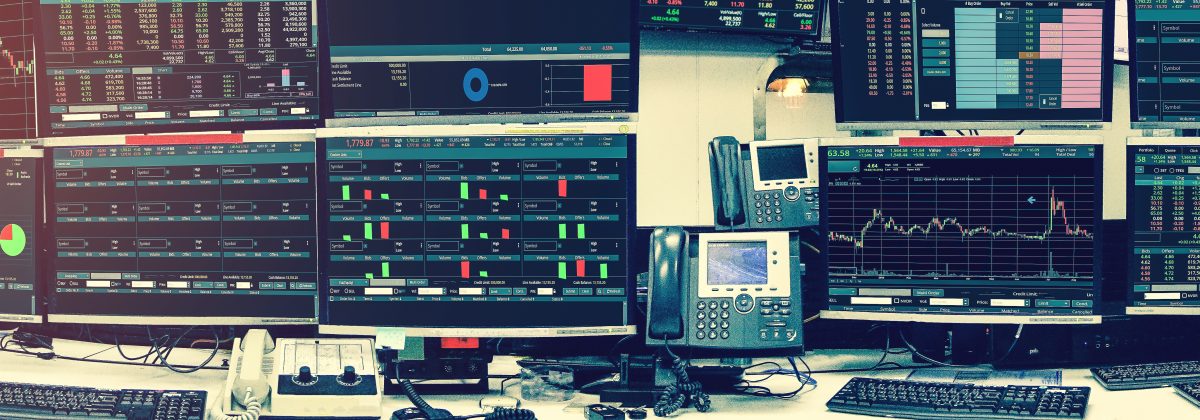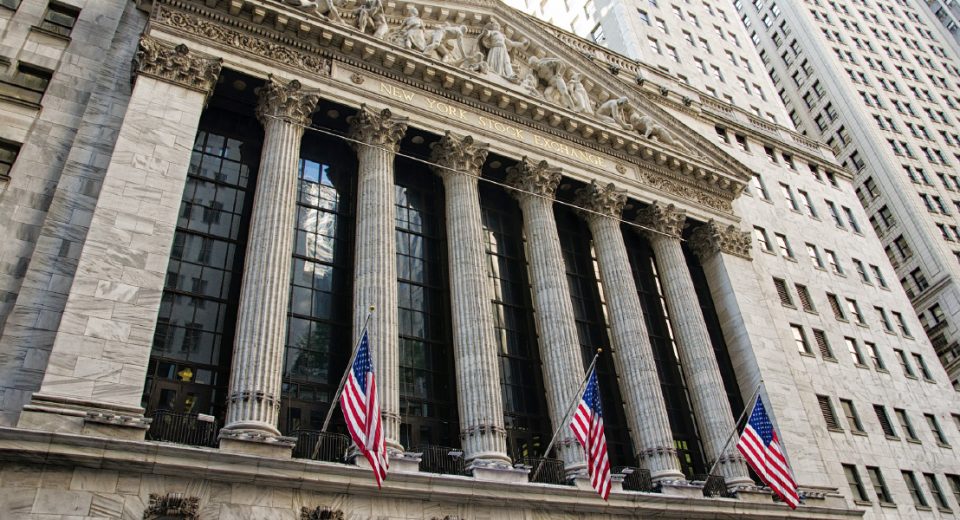Trading Forex vs Stocks: Which is Better?

The current global economic situation can be said to be a low interest rate dominated one. Financial institutions around the world are struggling to keep low growth at bay. The primary way central banks have been trying to resolve this problem is through the introduction of loose monetary policies. So, where do traders fit in?
Keeping savings in a bank for long periods of time will not really bring great returns. This is mainly because the interest rate offered by banks in many countries is lower than the inflation rate. Naturally, alternatives that many are looking to invest their money into include forex or stocks. If you’re on the fence about where to make an investment, here’s a look at the two of the most traded financial markets in the world.
Trading Hours
Despite the stock trading window being open 24 hours a day, five days a week, it is difficult to actually trade stocks at any time or at your convenience. A stock exchange will remain open only during trading hours,fFor example, in the US, it is 9:00am to 4:00pm EST, and has quite a small after-hours market, which sees a lot of price issues and volatility.
The forex market is more accessible, being five days a week, 24 hours a day, since one or the other forex exchange across the world is open. This means that trading is taking place 24 hours a day.
Liquidity Levels
For the forex market, liquidity indicates a particular currency pair’s ability to be bought or sold without affecting its exchange rate to a significant extent. Currency pairs that are purchased or sold easily and see a good amount of trading activity are said to be highly liquid.
Due to a large number of people being involved in trading, the forex market is extremely liquid in nature. Greater liquidity corresponds to lower transaction costs and tighter spreads.
Stocks of popular companies, such as Amazon or Google, can also be very liquid in nature. On the other hand, non-blue chip stocks tend to be much less liquid and involve greater risk.
Trader’s Focus: Narrow vs Wide
An important difference between trading in forex and stocks is the scope of a trader’s focus. The narrow focus approach works just fine in stock trading. With this approach, you can judge a particular company’s shares by evaluating and concentrating on specific variables. Factors that directly affect the company, such as debt levels, earnings, cash flows, along with the market forces, will be taken into account.
The situation is completely different for forex. The focus is much wider becuse a currency represents the performance of a country’s overall economy. Factors such as inflation, unemployment rate, Gross Domestic Product (GDP) will be considered instead of the performance of private industries.
Also, when you trade in a currency pair, you are always buying one currency and selling the other. Therefore, the previously mentioned factors will extend to the performance of two economies.
Leverage and Fees
Due to the high levels of liquidity in the forex market, the margins are low while leverage can be quite high. Such low margins are unavailable in the stock market. This is because a lot of stock market traders require at least half of their available investment value to be present in their margin account, whereas forex traders only need 2% of the total value.
Additionally, a large commission is charged by stock brokers, along with spreads and the fee to be paid to the stock exchange. Forex brokers only charge the spread as their fee for each trade.
Fluctuation in Prices
Both markets react very differently to trading activity. For instance, a sudden purchase of a large number of shares of a particular company could significantly impact the share price, especially for smaller companies with a lesser number of remaining shares.
In the forex market, trades involving hundreds of millions worth of a currency will have no impact on the market price of that particular currency.
Influence of News
While news events impact all markets, specific news regarding a company can sway the stock price massively. Forex usually sees fewer extreme swings, and news that does affect it, like wars or central bank decisions, will also impact stocks.
Other Factors
The stock market can hit rock bottom, leading to falling prices and reduction in trading activity. The stock market crash of 2008 made this point very clear in recent times. In situations like this, it can be difficult to buy out shares when the market is at a low point. Also, it is highly unlikely that investors can find an opportunity to make money out of a declining market.
The forex markets are immune to such issues, since the decline in value of one currency means a rise in value of another, leading to equal opportunities to gain profits either way. There is also no need to wait for an uptick to short a position, as is the case with the stock market.
Investing in forex contracts for difference (CFDs) offers various advantages. CFDs are a type of formal agreement between a trader and a CFD provider, wherein the parties agree to pay the difference in the price of the currency from the time the contract start to when it ends. This offers the opportunity to trade both bullish and bearish markets, since the trader is speculating on the change in price in either direction.
The Bottom Line
Each market has its own pros and cons and it all depends on your specific preferences. If it is convenience of trading hours, leverage and liquidity that you are looking for, forex might offer you good opportunities. On the other hand, there are many more stocks to choose from than there are currencies. There are, of course, traders who participate in both markets. So, first do your research and understand your trading style before making a choice.




